Japanese sound words aren’t just heard in anime anymore — they’re part of the meme language in the United States!
Thanks to mainstream anime culture, meme trends, and content creators, Japanese onomatopoeia like nyaa and doki doki are everywhere online.
How American Fans First Encounter Japanese Onomatopoeia
Language and culture videos
American YouTubers often introduce Japanese sound words as quirky and fun parts of the language, especially in beginner learning videos.
Anime (e.g., Dragon Ball, Sailor Moon, My Hero Academia)
Anime is extremely mainstream in the U.S., so sound effects like baki! or doki doki are familiar even to casual viewers.
Manga (with original effects or translated versions)
Some publishers localize the sounds, but others preserve the original Japanese, especially in fan translations.
Cosplay, cons, and fandom humor
Anime Expo, Otakon, and TikTok trends often feature sound words as part of skits, props, or voice dubs.
TikTok and memes
U.S.-based meme culture thrives on sound effects. Over-the-top expressions like nyan~ or doki doki are used in parodies and remixes.
Popular Japanese Sound Words in the USA
Nyaa (にゃあ)
Meaning: Meow
Where it appears: Cat girls, memes, cosplay
One of the most recognizable sounds, nyaa is often used jokingly in cosplay or online content, especially in “kawaii” contexts.
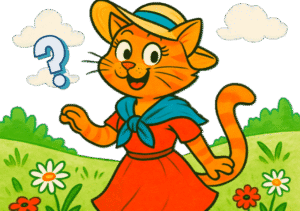
Doki Doki (どきどき)
Meaning: Heart pounding
Where it appears: Romantic tension or shock
Common in anime, doki doki has found its way into the name of indie games (e.g., Doki Doki Literature Club) and meme expressions.

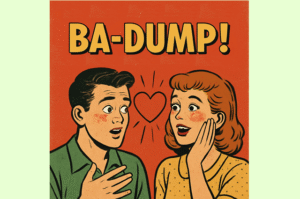
Baki! (ばきっ)
Meaning: Impact, punch
Where it appears: Fights, comic panels
Americans love sound words that pack a punch — literally. Baki! fits well in the superhero and shonen genre fandom.
Peko Peko (ぺこぺこ)
Meaning: Hungry
Where it appears: Comedy anime, chibi scenes
Peko peko is sometimes used in parody food videos or comic panels to emphasize exaggerated hunger.
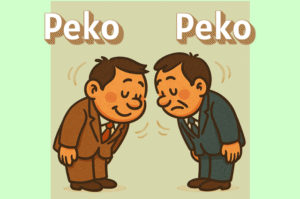
Why Americans Love These Words
- They’re funny, loud, and meme-friendly
- Easy to imitate in cosplay and skits
- Associated with emotional or comedic anime scenes
- Part of “kawaii culture” embraced online
Fun Fact
The phrase “yamete kudasai~” is rarely used that way in real Japanese, but it’s become a running joke in U.S. anime fandoms. That alone shows how creatively onomatopoeia evolves when it travels across cultures!


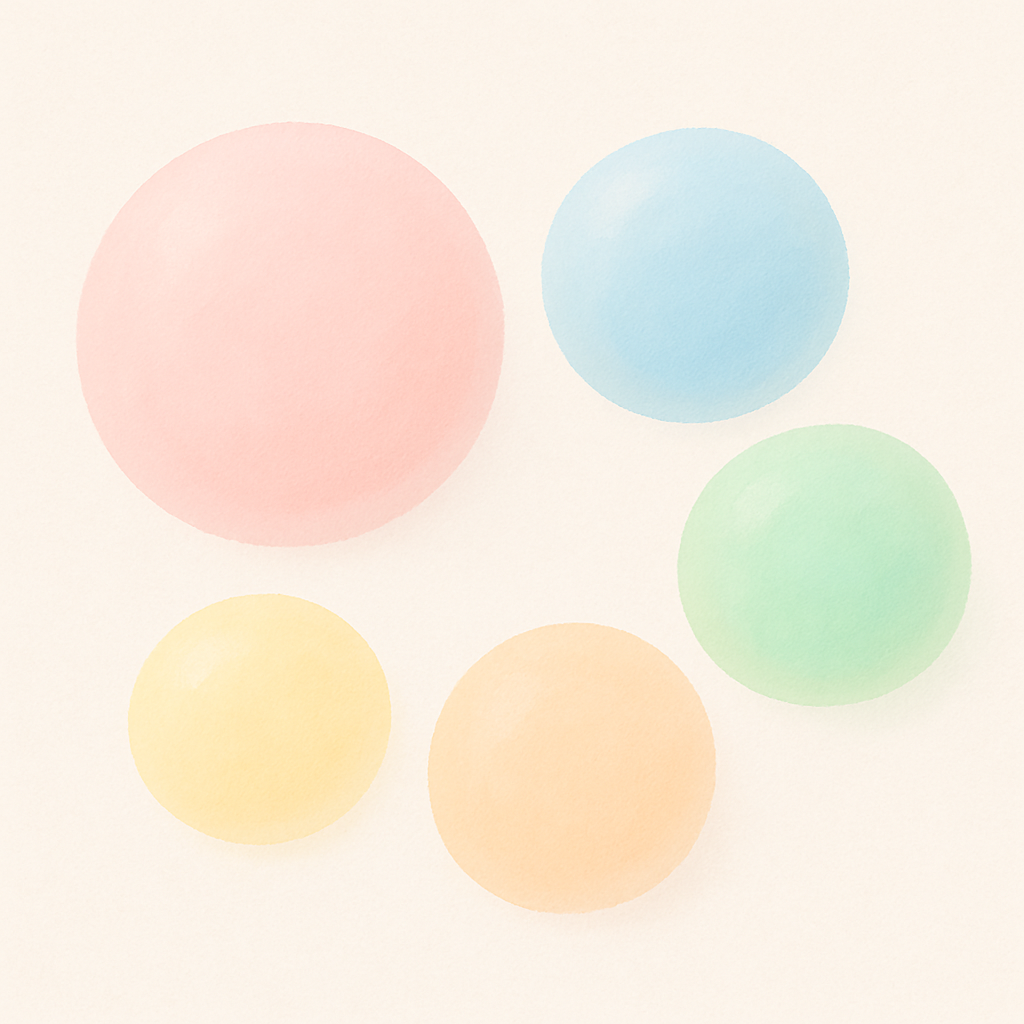

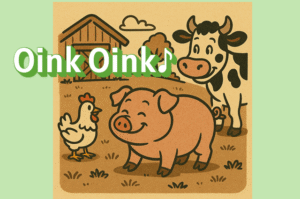
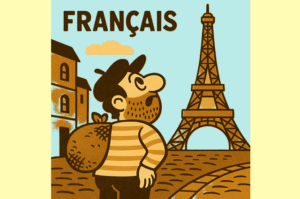
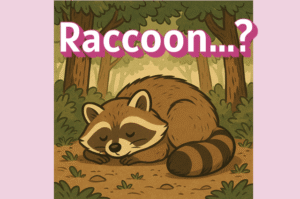


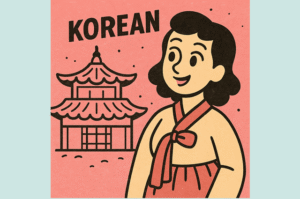
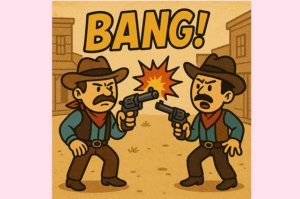
Comments